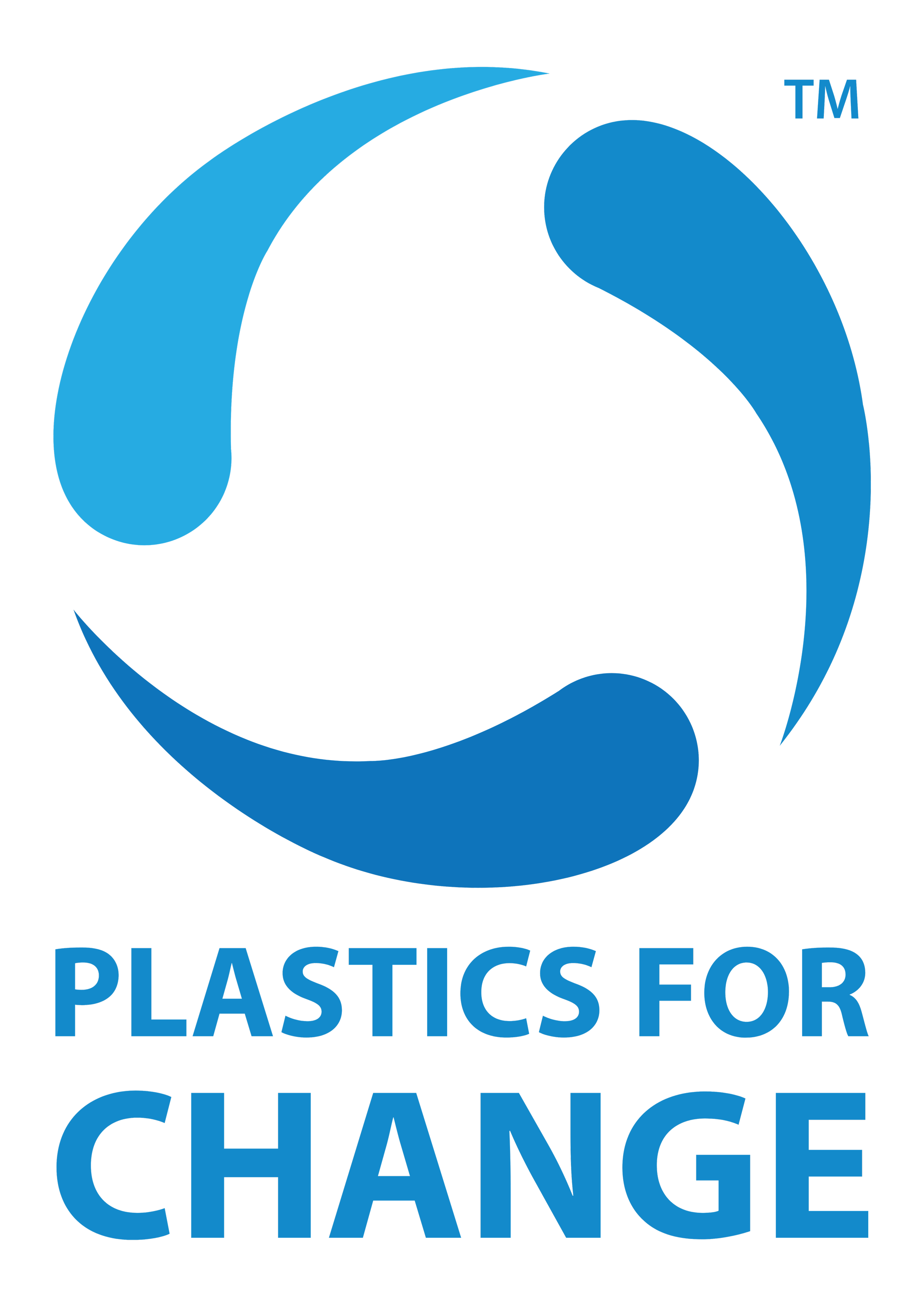The Impact of PPWR: What It Means for Packaging and Supply Chains
(Source Credits: Plastics For Change)
The European Union’s Packaging and Packaging Waste Regulation (PPWR) taking effect on February 11, 2025 is a wake-up call for the entire packaging industry. PPWR is designed to put an end to the unchecked rise in packaging waste. And the goal is to have a fully circular economy by 2030.
This is a complete overhaul of the way brands design, source, and manage packaging materials. Replacing the outdated Packaging Directive, PPWR enforces stricter, standardized rules across all EU member states. With just 18 months to comply, the time for action is now.
The Reality of Compliance
PPWR brings sweeping requirements that will reshape how brands approach packaging:
Mandatory recyclability: By 2030, all packaging must be designed for cost-effective recycling.
Recycled content quotas: Plastic packaging must meet minimum recycled content targets, which will increase over time.
Ecomodulation: Fees will be adjusted based on a package’s environmental footprint - brands using non-recyclable or environmentally harmful materials will pay more.
Waste reduction targets: Member states must cut packaging waste by 15% by 2040 (compared to 2018 levels).
For brands, these are not optional guidelines, they are clear, enforceable mandates that will reshape the industry.
What Brands Must Do Now
Radical Packaging Redesign: The days of excessive, multi-layered, non-recyclable packaging are over. Brands must transition to mono-material designs, eliminate unnecessary components, and ensure compatibility with real-world recycling systems.
The True Cost of Compliance: Shifting to sustainable packaging is also a financial decision. Material costs, ecomodulation fees, and R&D investments will rise, but brands that act early will avoid penalties and gain access to sustainability incentives.
Rebuilding Supply Chains: Finding high-quality recycled materials that meet PPWR standards will be a challenge. Brands need to lock in reliable sources now - waiting until the last minute will mean shortages and skyrocketing costs.
Data, Documentation & Accountability: Compliance requires robust tracking and reporting from recyclability assessments to proof of recycled content. Transparency will become a competitive advantage, separating brands that are truly sustainable from those just claiming to be.
Where We Come In: Plastics For Change as Your Strategic Partner
We have been leading the charge in circular economy solutions long before regulations demanded it. We know that compliance alone isn’t enough, brands that embrace this transformation will lead the future of packaging.
Here’s how we make that happen:
Guaranteed Compliance: We supply high-quality, traceable recycled plastics that meet all PPWR requirements, so your packaging is ready for the future.
Sustainable Sourcing at Scale: Our fair-trade supply chains ensure a consistent and ethical flow of post-consumer recycled materials, eliminating the risks of greenwashing.
Effective Ecomodulation Fees: By integrating our recycled plastics, brands can reduce their environmental impact and cut down regulatory costs.
A Competitive Edge: Beyond meeting regulations, our model enhances brand trust, consumer loyalty, and long-term sustainability leadership.
Final Thoughts
PPWR is definitely redefining the role of packaging. Brands that wait will struggle. Brands that lead will thrive.
Plastics For Change is driving these changes. We are SEDEX, EN15343, B Corp, WTFO, Social + OBP (Ocean Bound Plastic), WTFO and Global Recycled Standard certified.
Learn more about how we can future-proof your business against current and upcoming compliance challenges.

